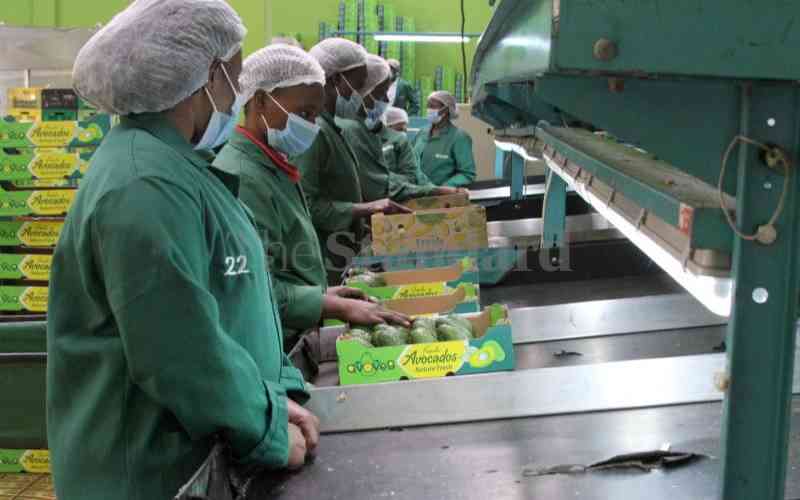×
The Standard e-Paper
Kenya’s Boldest Voice

A State-backed think tank is seeking amendments to the export laws to allow traders to sell only value-added produce to overseas markets. The changes will affect the Crops Act of 2013 and the State Corporation Act of 2019.
The move, according to the Kenya Institute for Public Policy Research and Analysis (Kippra), aims to maximise the potential of the agricultural sector in favour of President William Ruto's Bottom-up Economic Transformation Agenda (BETA).